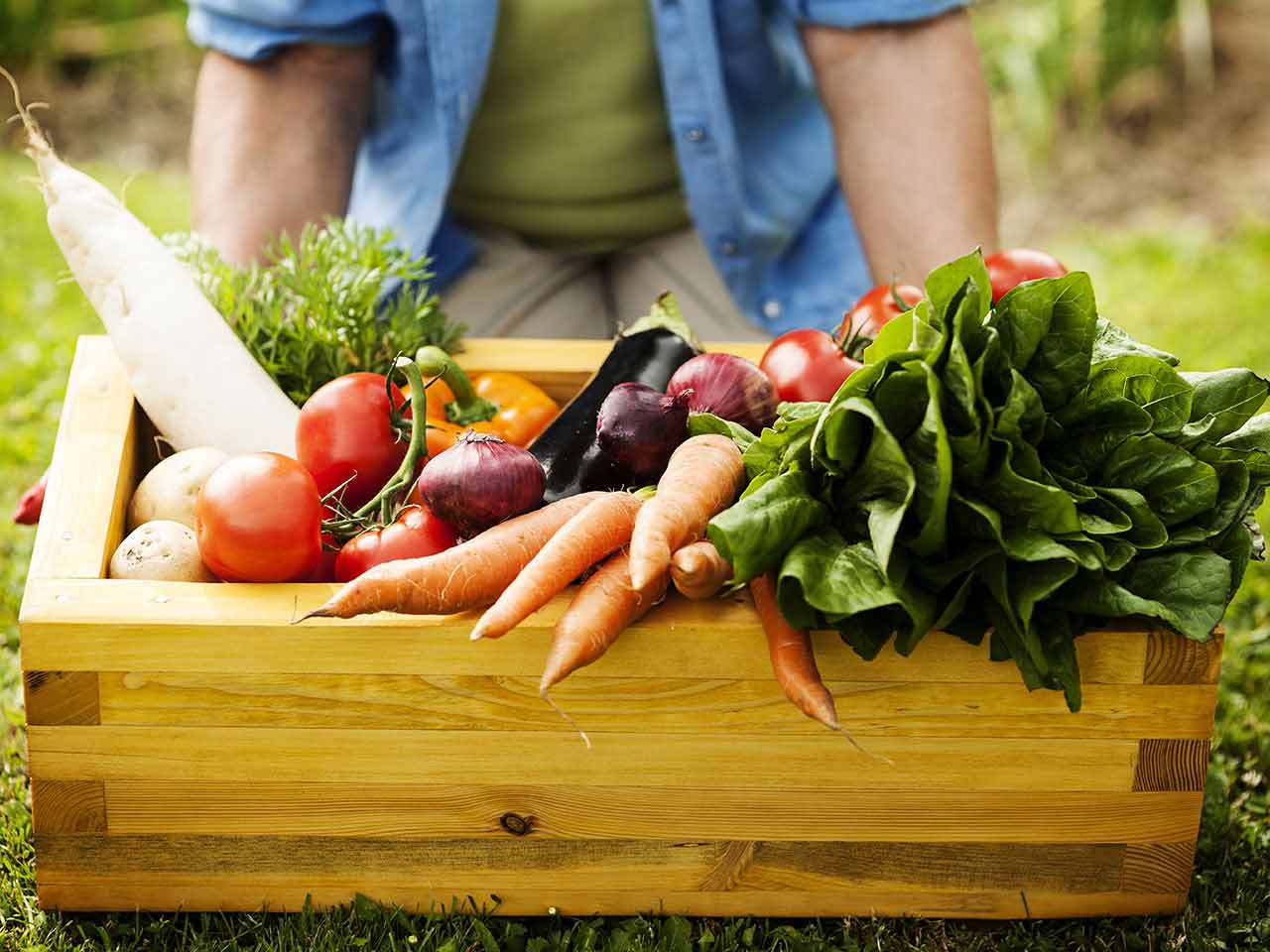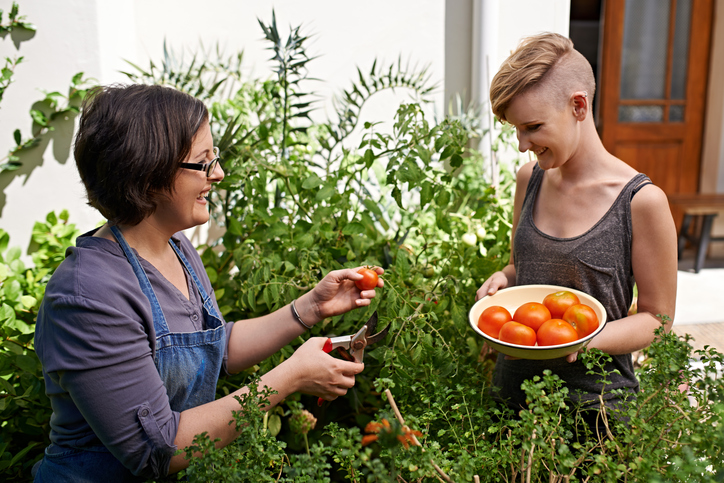Having a garden is one of the most rewarding things you can do in your home. Not only do gardens look great, but they also provide you with an abundance of fresh produce that you can’t get from any supermarket. It’s not just about aesthetics, either; having your own vegetable patch is good for you on so many levels.
Growing your own food has a range of benefits including improved nutrition and lowered costs (because if there’s one thing that grocery stores love, it’s making sure we always spend too much money on their products). It’s also a great way to cut down on food waste. In this blog post, we explore the advantages of growing your own food and share some tips on how to grow your own veggies even if you don’t have much green space.
Food is Good for You
There are plenty of health benefits to growing your own food. One of the most important is that it gives you access to fresh produce. This is essential for your health because fresh food provides your body with far more nutrients than the processed stuff you get from the store, which is usually full of chemicals and has lost most of its nutritional value. You’re also likely to eat healthier if you grow your own food because you’ll have direct contact with it.
It’s much harder to forget that food is living and breathing when you’ve got a patch of carrots in your backyard. Fresh produce is more than just a health benefit, too. Growing your own is a great way to save money on groceries. Food is one of the biggest expenses most people have, so reducing the amount you have to spend on it will go a long way toward improving your finances.
Fresh Produce Beats Canned Any Day
One of the main benefits of growing your own food is that it maximizes freshness. Food that you grow yourself is always going to be fresher than anything that’s been sitting on the shelf for months. This is especially true for things like canned vegetables, which can sit in storage for years before they end up in your kitchen. Canned food is often not as nutritious as fresh produce anyway.
The heat used to sterilize cans removes a lot of the vitamins and minerals from their contents. Fresh vegetables, on the other hand, retain all of their nutritional content. Canned vegetables also contain less fiber than fresh vegetables. This is because the vegetables are grown to be preserved, so they’re not left to mature properly.
This means that canned vegetables are often higher in sodium and have less fiber than fresh vegetables do. If you have high blood pressure, you’re going to want to avoid canned vegetables because they’re often very high in sodium.


Gardening Helps Build Muscle
Growing your own vegetables isn’t just good exercise for your brain; it’s also a good exercise for your body. A lot of gardening is a form of weightlifting, especially if you’re growing a lot of heavy vegetables like squash or potatoes. These kinds of vegetables need to be lifted off the ground by hand to avoid damaging the roots.
When you’re gardening, you’re essentially strengthening your muscles. Gardening can be a great way to build up your arms, back, and legs. It’s important to remember, though, that gardening isn’t purely physical activity. Digging in the dirt is just as much of a mental exercise as it is a physical one. It’s a good way to relax and clear your head.
It Helps You Learn About Healthy Eating
If you’re growing your own produce, you’re going to want to eat as much of it as possible. And part of that is going to be gaining a better knowledge of what it is you’re eating. This is a great thing because it’s going to inform your dietary choices. You’re much less likely to overindulge in things like tomatoes if you know that they’re high in lycopene, which can cause kidney stones if you have a high intake.
Knowing what’s in your food will also help you avoid food allergies. Food allergies are often caused by people eating the same things too often. The more you eat a certain food, the more likely you are to build an allergy to it. Growing your own food is a great way to mix things up and minimize the risk of this happening.
It Lowers Your Costs (Especially If You Grow Your Own Produce)
One of the major advantages of growing your own vegetables is that it can drastically lower your grocery bills. Produce is often one of the most expensive things in the grocery store, and the prices are only rising. If you grow your own vegetables, you’ll be able to harvest them when they’re at their peak. This means that you can eat them while they’re at their most nutritious. You can then store them so that they last a while.
This will allow you to enjoy your homegrown produce all year long. There are lots of other ways that you can cut costs if you have a garden. You’ll have to buy less fertilizer, for instance. You won’t have to water as much if you do it yourself, and you’ll be able to save on the utility bills from doing so.


Gardening Can Help the Environment
One of the biggest benefits of having a garden is that it uses far less land than cultivating crops on a large scale would. Modern farming methods often involve monocrops, which are fields that are planted with a single type of plant. This is environmentally destructive. Growing a variety of plants in your garden is better for the environment. You’re also more likely to attract wildlife if you have a more diverse assortment of plants.
With a more diverse garden, you’re also likely to keep pests away better. Gardening also helps you become more self-sufficient, which is certainly good for the environment. If you have a vegetable patch, you’ll be less reliant on having to buy products from the store. You’ll also reduce the amount of food that goes to waste.
Conclusion
Gardening is a great hobby for anyone, but it’s even better for people who don’t have a garden. If you live in an apartment, you can still grow vegetables in pots or on windowsills. If you’re looking for a way to boost your health and improve your finances, growing your own vegetables is a great option to consider. It’s easy to get started and even easier to maintain. It’s a great hobby for people of all ages, and you can even get your kids involved.





Leave feedback about this